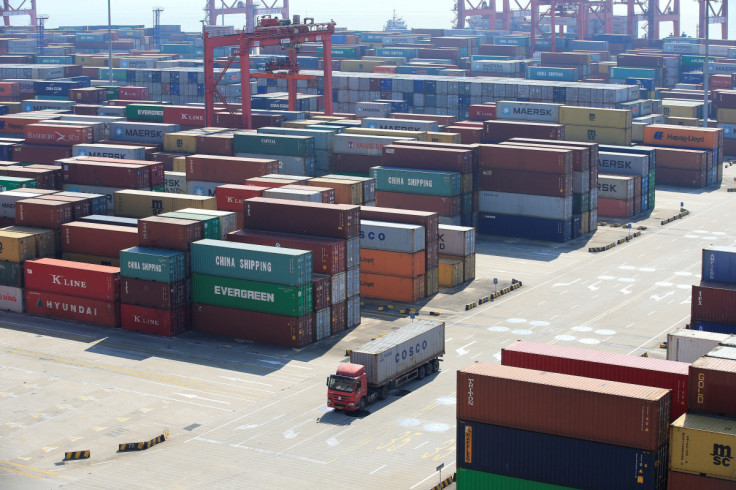UK-India free trade agreement aimed at supporting women-led SMEs
The ongoing UK-India free trade agreement negotiations are focusing on women-led SMEs with a dedicated chapter on Trade and Gender Equality.

The UK Secretary of State for Business and Trade, Kemi Badenoch, has announced a chapter on 'Trade and Gender Equality', as part of the ongoing UK-India free trade agreement (FTA) negotiations. This chapter is aimed at supporting women-led small and medium enterprises (SMEs) in both countries.
As the minister in charge of the trade negotiations, Badenoch recently informed the British Parliament's Business and Trade Committee about the goal of the negotiations. The objective, according to her, is to ensure that SMEs can understand and navigate the other country's systems, allowing them to take advantage of the many benefits that an FTA has to offer.
"We have also provisionally closed a Trade and Gender Equality chapter in which we have agreed to engage in cooperation activity," she stated.
This activity, according to the minister, may improve the competitiveness of women-owned and women-led SMEs, allowing them to participate more fully in international trade. She expressed hope that this arrangement encourages businesses of all sizes and from all regions of the United Kingdom and India to take advantage of this arrangement.
Concerning the mobility of professionals between the countries, Badenoch stated that any FTA with India will neither include immigration commitments nor allow access to the UK domestic labour market.
Badenoch explained that regarding negotiations, they are discussing business mobility, which would make it easier for highly skilled professionals to deliver services in each other's markets on a short-term and temporary basis. The minister emphasised in her thorough statement to the cross-party House of Commons committee that professional qualification recognition can be an effective strategy to eliminate behind-the-border trade obstacles and provide greater confidence to UK professionals seeking to practise in India.
The minister said the UK and India are conscious of the need to respect domestic sensitivities such as legislation, as well as to include provisions in the agreement that allow them to review and adapt the agreement as both economies evolve.
Badenoch noted that the ministry is "exploring a range of commitments in order to support businesses and consumers to engage in digital trade during negotiations with India".
In a separate development, Nigel Huddleston, the UK International Trade Minister, recently visited India to explore strengthening green ties between the two nations in the context of continuing free trade agreement negotiations.
During his visit to Kolkata for a joint session, he engaged with the West Bengal administration to present a package of partnerships on electric transportation and green construction. Huddleston's visit, according to the UK government's Department for Business and Trade (DBT), will focus on expanding prospects for British businesses to increase trade and two-way business flows.
The minister stated that the country's trading relationship with India is already strong at £36 billion and supports over 500,000 jobs in both countries, but the country wants to do even more. He stated that that's why he has been in Kolkata engaging with industry executives to discover prospects and strengthen our trade partnership.
As part of the visit, the minister unveiled a new project in which the UK and West Bengal would work together on a pilot project to produce electric two-wheelers such as scooters or motorcycles. West Bengal, India's sixth largest state by economic value, has set a goal of generating one million electric vehicles (EVs) over the next five years, with a GDP of £117 million predicted this year.
© Copyright IBTimes 2025. All rights reserved.






















